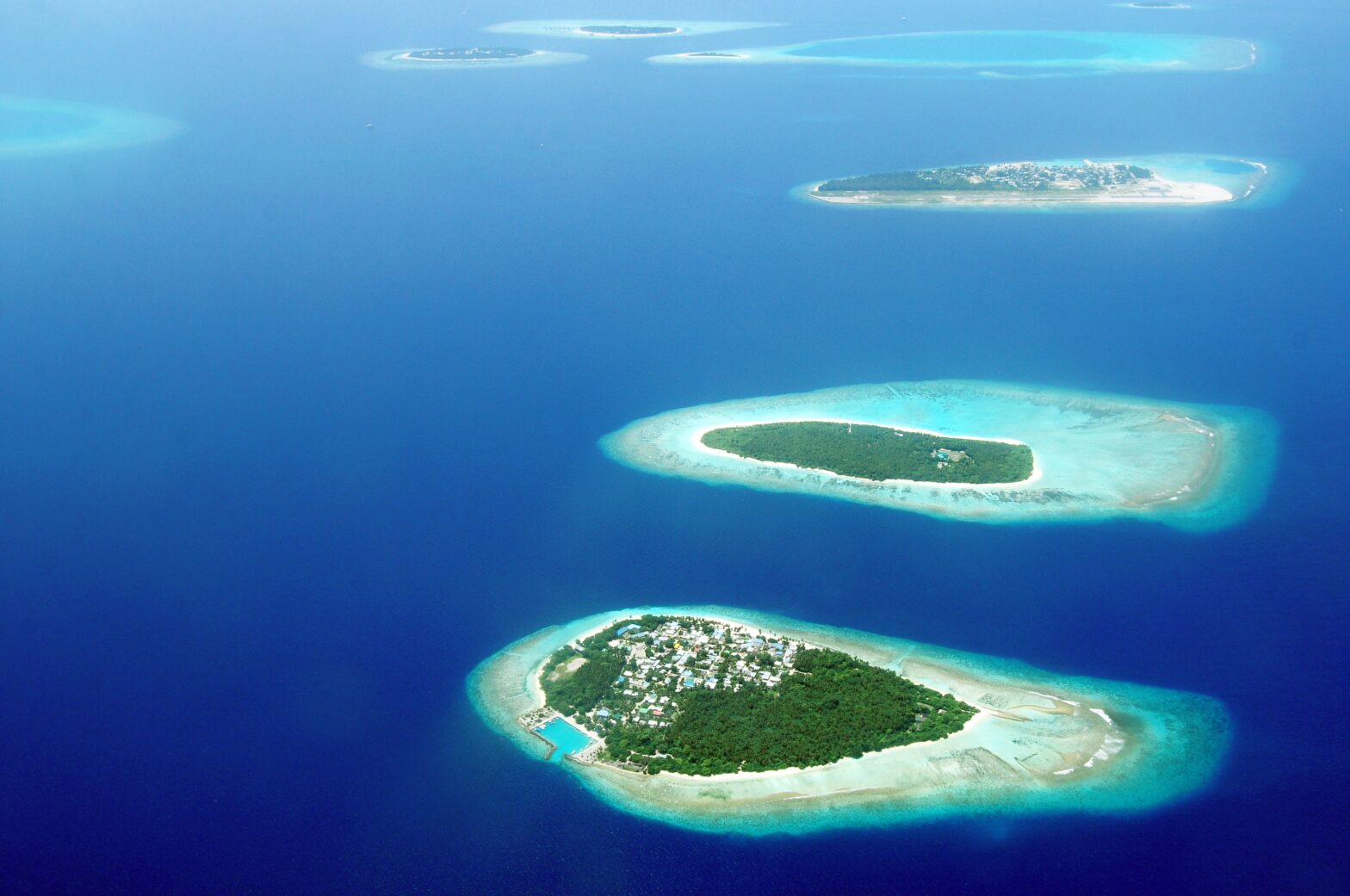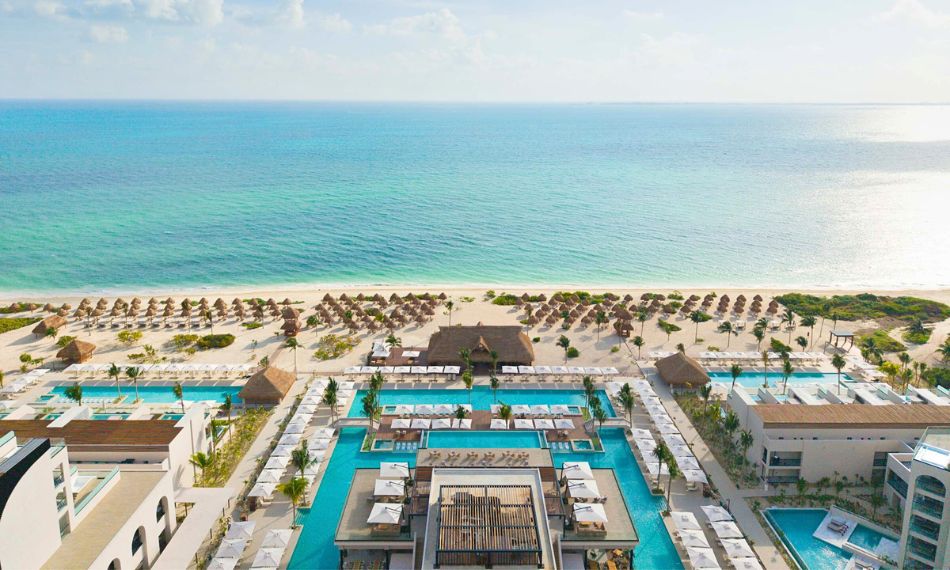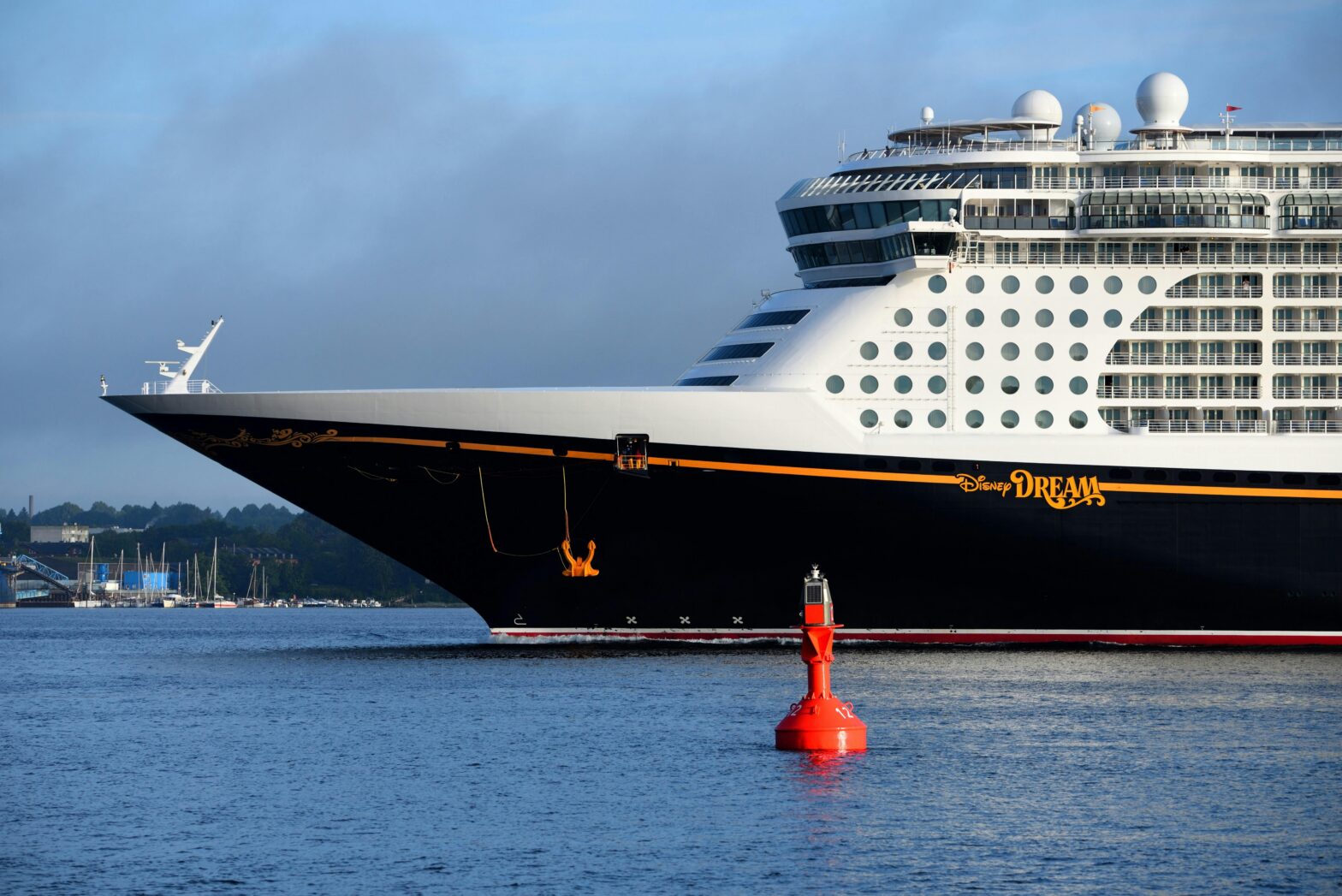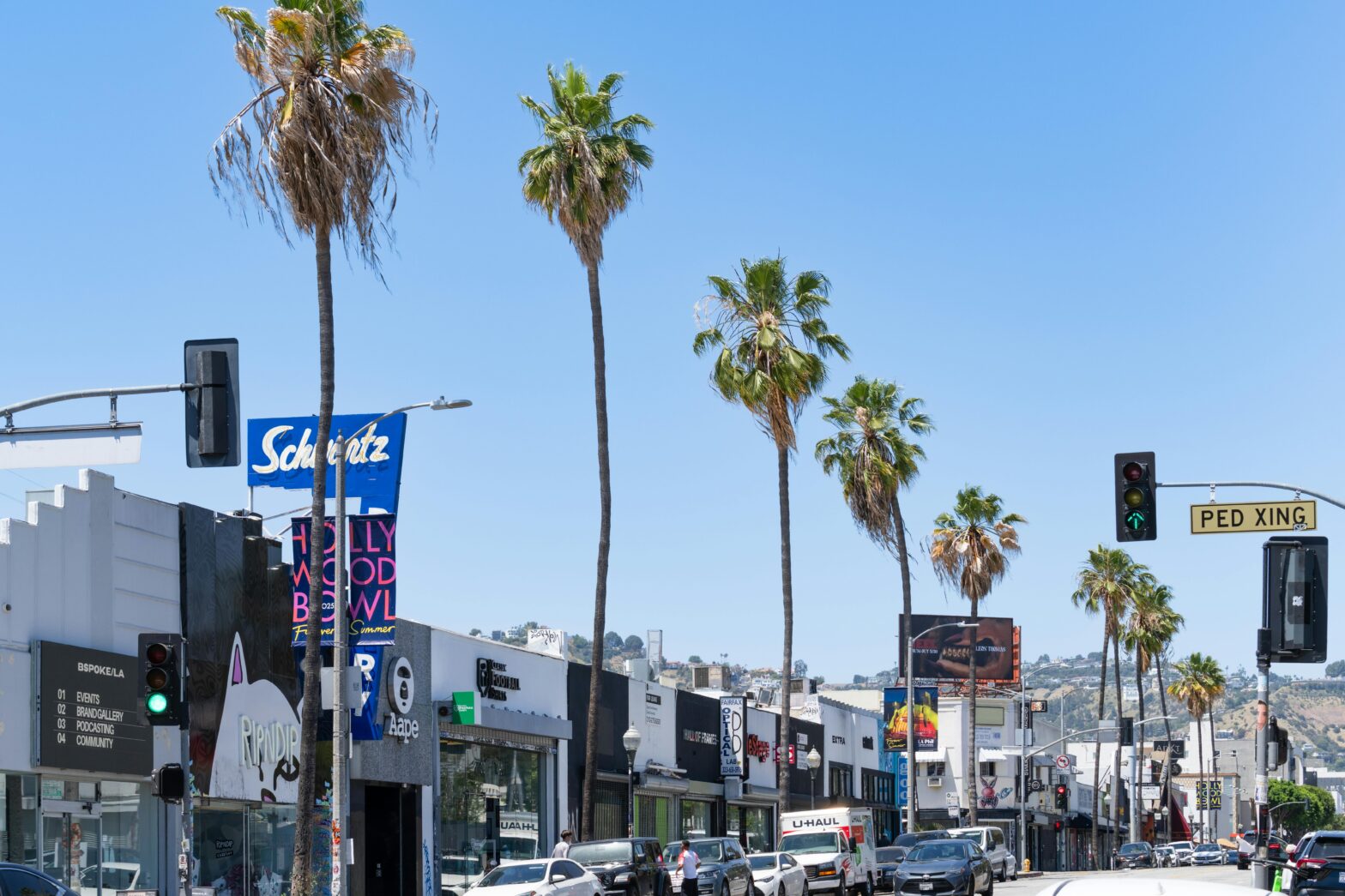There is a new category of tourism that exists largely because of the deteriorating effects of climate change. And it’s the latest ethical dilemma among travelers.
Known as “last chance tourism,” the practice of traveling to places that are expected to become unlivable, dangerous or obsolete due to climate change, includes all kinds of destinations. However, the effects of “last chance tourism” may be causing more harm than good.
Either way, from the Maldives to Antarctica, last chance destinations are becoming more popular amongst travelers.
Seeing Paradise Before It’s ‘Gone’
The Maldives has long been a highly-coveted destination for its beaches and luxury accommodations. The group of islands off the coast of Sri Lanka is widely considered a must-see for many reasons. Travelers enjoy the overwater bungalows and even an underwater suite.
The Maldives also has a sensitive ecosystem with various reefs and marine life, but because of its low height, it’s at greater risk by rising ocean waters. The island’s highest point is less than 10 feet about sea level, makes it likely to be impacted by facets of climate change.
But many travelers still want to experience the destination. This makes The Maldives more of a pressing bucket list item for some tourists who believe there won’t be a future opportunity to see it.
Increased Attention On The Arctic
Other instances of last-chance tourism include the Arctic. Melting ice in the Arctic from its fragile ecosystem has made visits to places like Canada’s Arctic hot-button options for travelers who want to see it in their lifetime.
Though wanting to experience the world’s beauty is admirable, last chance tourism can also aid that beauty’s deterioration. The controversial practice can boost the local economy in some ways and harm the environment in others.
The increased tourism, on one hand, supports the local economy and can help provide more opportunities in tourism for residents, like local tour operators, shopping and even the dining scene.
But it comes at a cost. The haste to experience places like a slowly disappearing shoreline in the The Maldives or rapidly melting ice caps in the Arctic also add to the very things that impact those environments.
Weighing It All
More air travel, or cruise ship travel, to the locations can mean an increase in fuel usage which adds to global emissions concerns. It also means more people in the area who will utilize more electricity, consume more water and usually increase car travel. But it also means increased visits to local restaurants and a potential for more retail traffic, among other things.
Whether last chance tourism is ethical or not remains in the eye of the traveler, but it’s important that people weigh the the risks and benefits of the practice before taking part. Seeing The Maldives or the Arctic, or other places at risk of serious impact due to climate change, might be less important than saving the same destinations.





